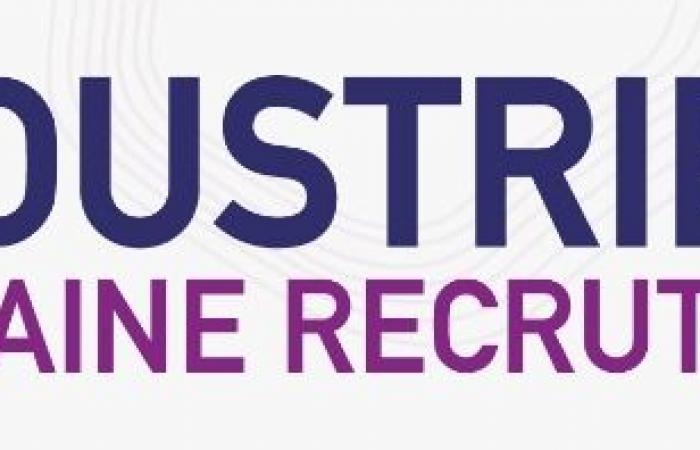
In a free market economy like the USA, the relationship between politics and finance is inseparable, evolving according to the orientations and agenda of the tenant of the White House and his party. Faced with the 2024 US presidential election, Wall Street is on alert and suspending its transactions, fearing the impacts of this political uncertainty.
This relationship is sometimes carried by optimism and gain just as it can give way to uncertainty and losses. On Wall Street, the New York financial center, it is time for caution and a wait-and-see attitude, as Americans vote this Tuesday to elect their 47th president.
“This year’s presidential election, which pits Vice-President Kamala Harris against Republican contender Donald Trump, is irritating Wall Street, where fortunes can rise and fall” depending on decisions made in Washington, writes the New York Times .
This “annoyance” is explained, according to the big draw, by the fact that none of the current candidates for the White House is an “obvious friend” of financiers, in particular the banking operators who represent the “strong link” of this sensitive sector.
Since President Joe Biden’s decision to abandon the race for a second term, uncertainty has risen a notch within the financial elite who are wondering whether the arrival of a new head of the American executive will be in place. their favor or a harbinger of a difficult period.
“As soon as Biden announced his withdrawal, uncertainty only increased and new acquisitions, as well as new public stock offerings, which signal corporate optimism, were suspended, notes financial specialist Rob Copeland.
Read also|Trump announces to the G7 that China has called to resume negotiations
Citing bankers and advisers who support both presidential candidates as well as those who are still undecided, Copeland says there are many questions that could make or “destroy” fortunes.
Would corporate taxes increase or decrease? Would Kamala Harris’s proposals to fight inflation have a detrimental effect on profits? Which version of Mr. Trump would run for office if he wins?
So many questions that require clear answers and which arise in a context marked by a lack of confidence in the future, believes Ralph Scholosstein, president emeritus of the investment bank Evercore, who evokes both political and economic uncertainty.
As a sign of this feeling, Scholosstein cites the decline in commissions that investment bankers receive upon closing transactions. In the first nine months of 2024, $558 billion in corporate deals were completed, the lowest total since 2003, according to data provider Dealogic.
In this context, the investment bank JMP estimates that $1,000 billion in additional transactions would be needed during the last quarter of this year to return to the average annual rate of the last three decades.
Other observers and operators on Wall Street say they are more concerned by the persistence of inflation than by the identity of the next tenant of the White House.
“Whoever wins the elections, most financial bosses fear that inflation will be higher than expected” and more difficult to dissipate despite the policies that will be decided at the White House, estimates specialist journalist David Hollerith.
IDM with MAP









